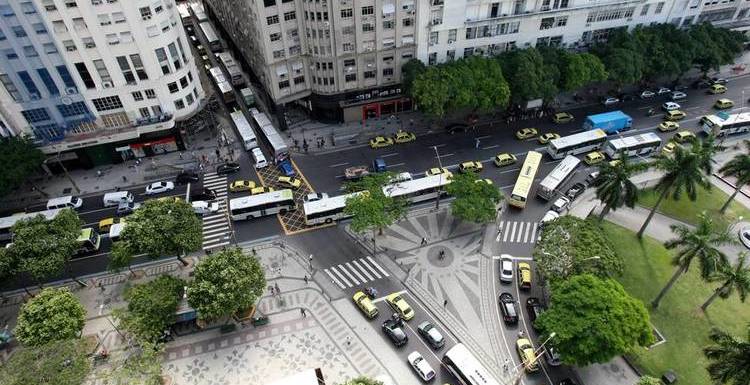“RE: Brazil strike strands 2 million in Brazil’s second largest city”
Dear Editor,
The Star Tribune’s publishing of the May 8 AP article covering a strike by bus drivers in Rio de Janeiro (“Brazil strike strands 2 million in Brazil’s second largest city”) highlights several important issues relating to public transportation in Brazil. Nevertheless, while the article explains that the work stoppage resulting from the strike has “overtaxed public transit vans, commuter trains, and the city’s subway system,” it does not mention the fact these transportation networks were already overtaxed even in the absence of such a strike. Rio’s transportation system has long been at the center of controversies for its continual failure to meet public demand and its disproportionate disadvantaging of poorer citizens living in far-flung areas of Rio’s municipality. RioOnWatch, a community-based reporting organization, further observes that although World Cup and Olympic preparations have sought to address transportation shortcomings, the results have been far from promising. The organization cites a combination of overemphasis on rapid-transit buses, inefficiency in expanding the metro, and a decision-making process that prioritizes mega-event needs over those of marginalized local residents as resulting in serious public transportation deficits that reflect broader patterns of social inequity in Brazil.
Sincerely,
Paul Elish
Research Associate at the Council on Hemispheric Affairs
In response to the Minneapolis Star Tribune article: “Brazil strike strands 2 million in Brazil’s second largest city”
Please accept this article as a free contribution from COHA, but if re-posting, please afford authorial and institutional attribution. Exclusive rights can be negotiated.
For additional news and analysis on Latin America, please go to: LatinNews.com and Rights Action


